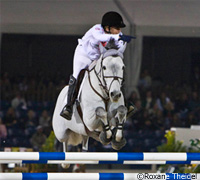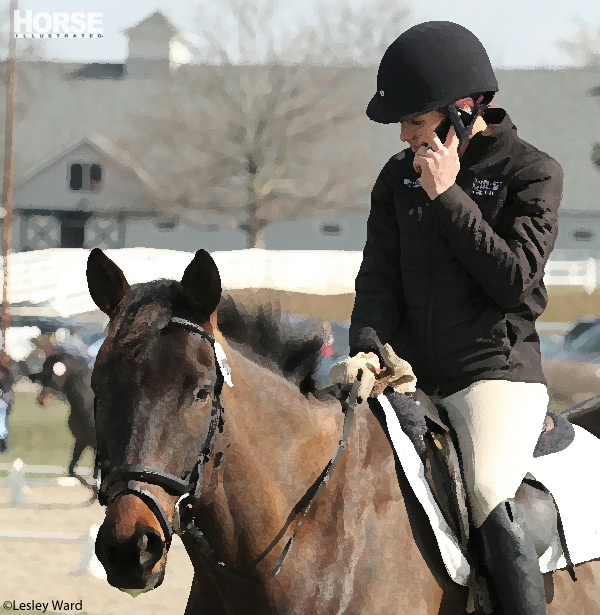In Shelbyville, Tenn., the Tennessee Walking Horse is a beloved icon. Each year since the 1930s, the breed’s national championship show has drawn visitors from around the country to this small city in the central region of the state. During the 11-day show, championship titles are awarded with the grand finale being held on Saturday evening. The World Grand Champion Tennesse Walking Horse will be crowned on Aug. 31 at the end of the show, selected for its animated step at the breed’s signature smooth-riding running walk.
See some of the early winners of the World Grand Champion title in the video below.
Outside of Shelbyville and the Walking Horse show community, horse enthusiasts and animal welfare activists view the annual event with less esteem. Since the 1970s, the top tier of Walking Horse competitors has been under scrutiny from the United States Department of Agriculture in ongoing efforts to end the practice of soring. Soring is a term used to describe intentionally causing a horse to experience pain to enhance its gait. While the practice is most likely carried out by relatively few of the hundreds of exhibitors at the Celebration, soring has put a cloud over the event for decades.
At the least, soring is cheating—using banned methods to artificially improve a horse’s way-of-going in front of the judges. At worst, it’s an abhorrent form of abuse, and one so egregious that the federal government stepped in with the Horse Protection Act (HPA) in 1970. The HPA requires horses to be inspected for signs of mistreatment at certain gaited-horse shows. More than 40 years later, soring has not been eradicated and dishonest trainers continue to find new ways to evade testing mechanisms in order to get their sored horses into the arena.
The United States Department of Agriculture (USDA), which is charged with carrying out the HPA, recently proposed stricter minimum penalties for violators. First-time offenders will be issued a suspension from competition ranging from two weeks to a year. The owner of a sored horse will now be held accountable for a violation, even if they claim ignorance of their trainer’s methods.
The Celebration’s Horse Industry Organization, the group tasked with carrying out inspections at the show, initially disagreed with the USDA’s penalty structure. The group, called SHOW, stated that the penalties violated exhibitors’ rights to due process. Ultimately, they agreed to the USDA’s rules and the Celebration will be held under the new structure. Whether this will cut down on soring, or reduce the number of exhibitors who are willing to risk the consequences of a violation, remains to be seen.
For more information about the Horse Protection Act, visit www.aphis.usda.gov.
For more information about the Tennessee Walking Horse National Celebration, visit www.twhnc.com.
Further Reading
Soring, show horses and the future of the Tennessee Walking Horse
Horse trainers will now face greater penalties for soring






don’t let a few bad apples stop you from enjoying the pie no matter the sport there is always someone who can ruin the fun and the game for all
Soring is wrong and also painful to the poor horse, but people should now beable to enjoy, the natural way of the Tenn. Walker’s natural beauty.
I do hope soring will soon be gone forever.
cool